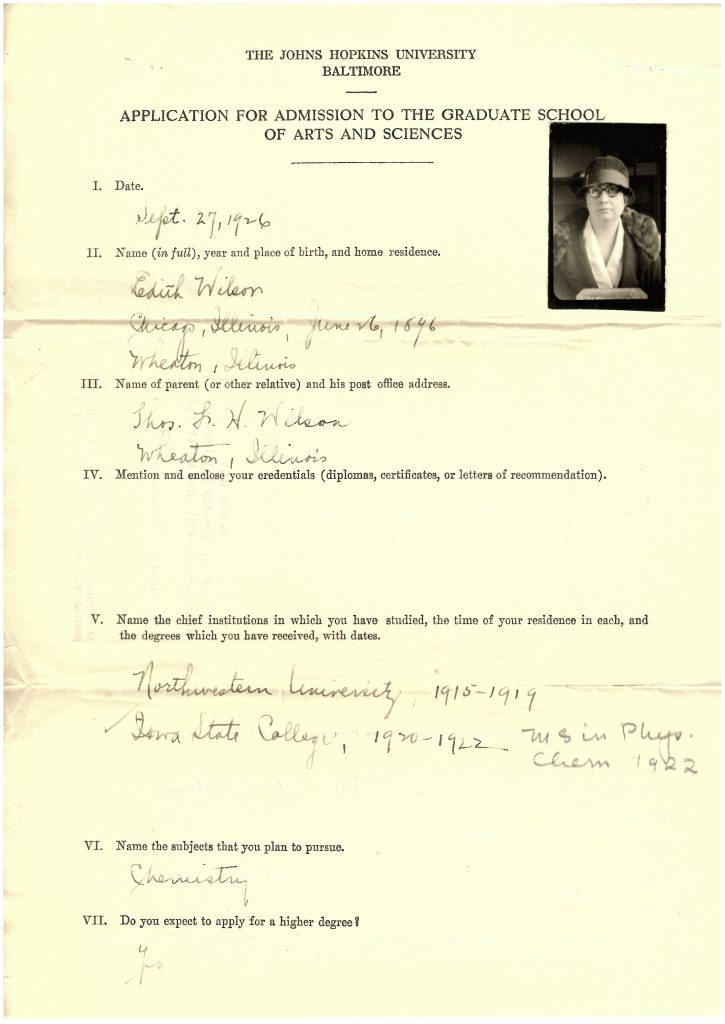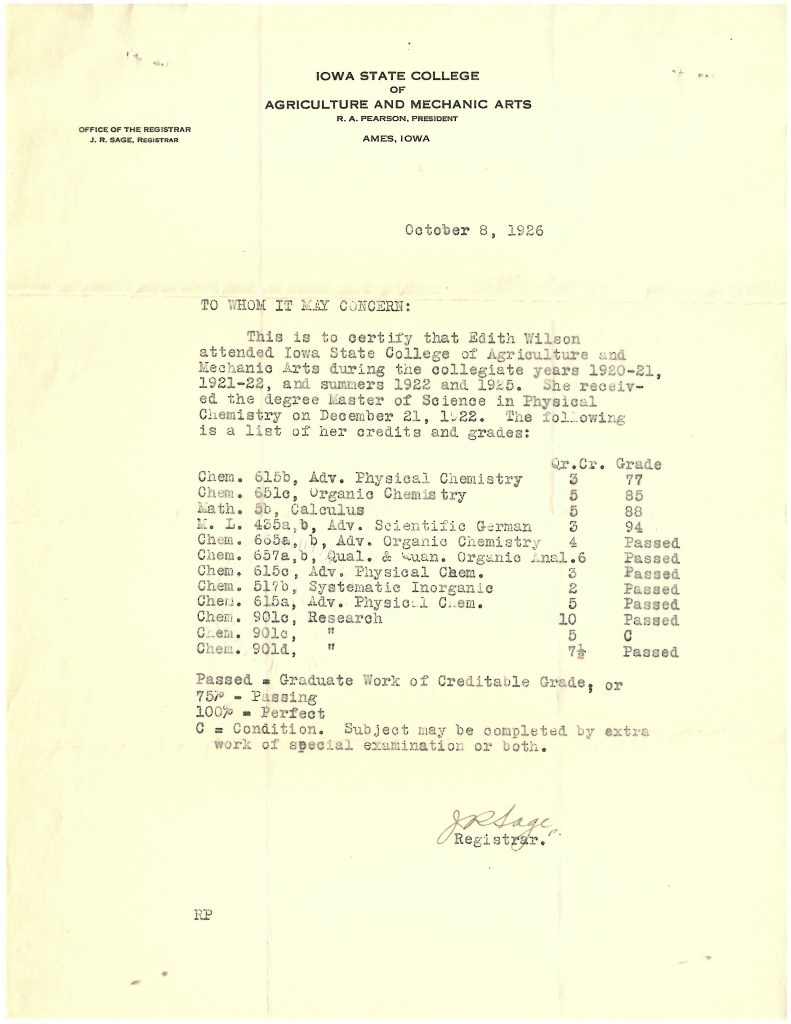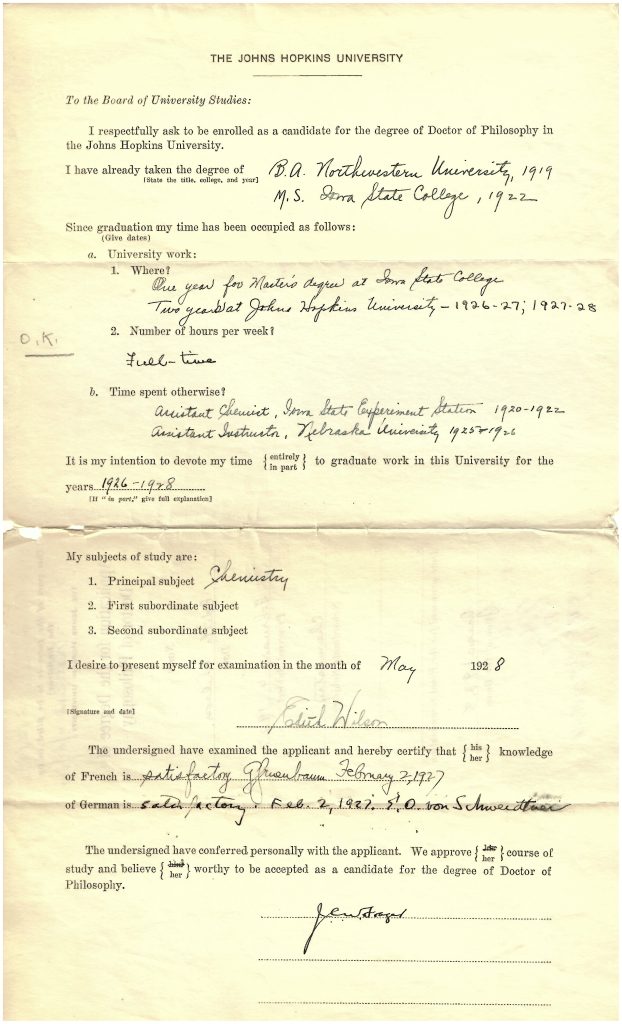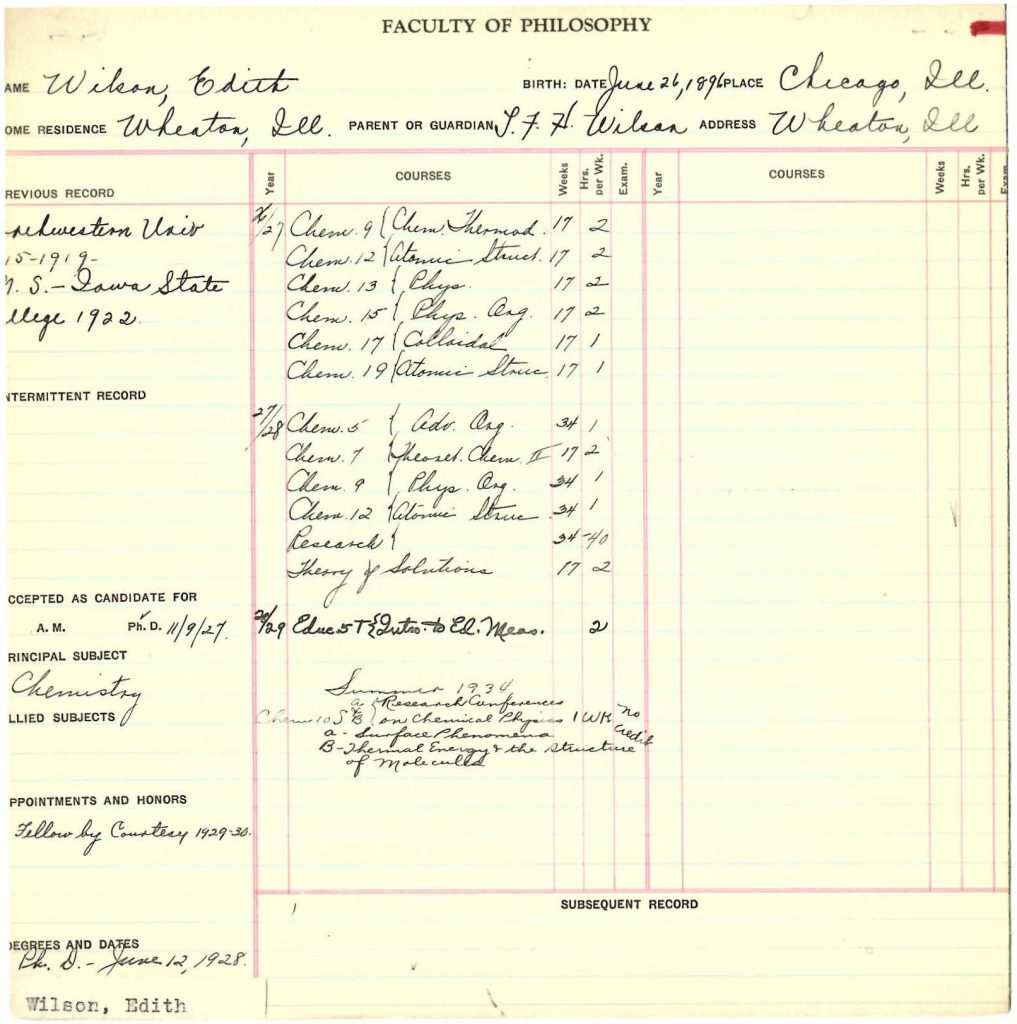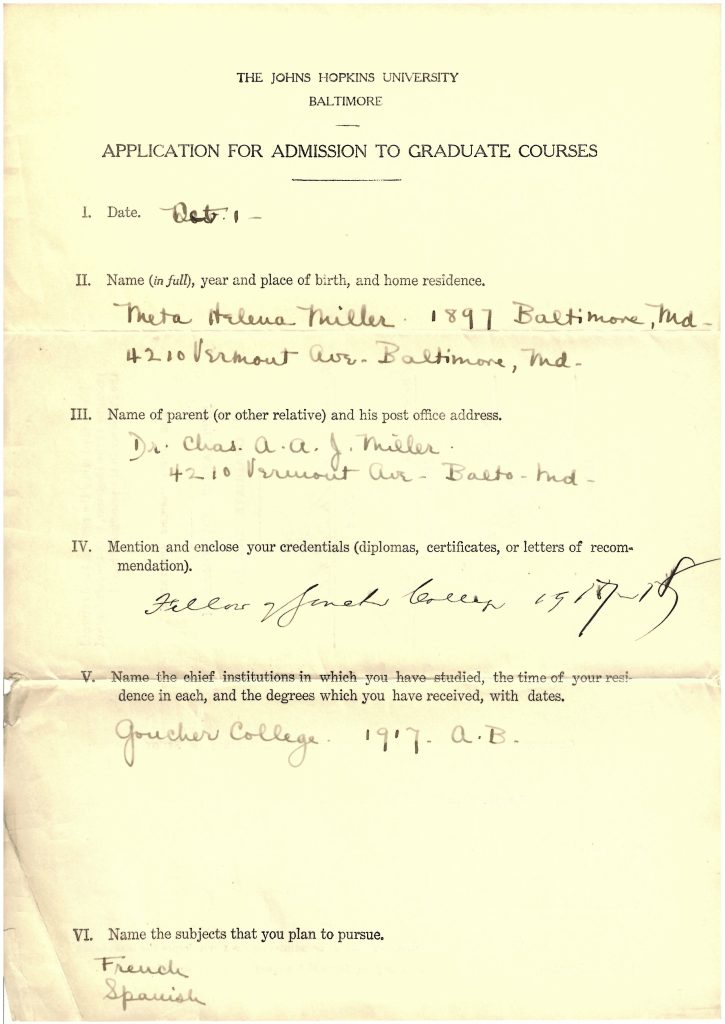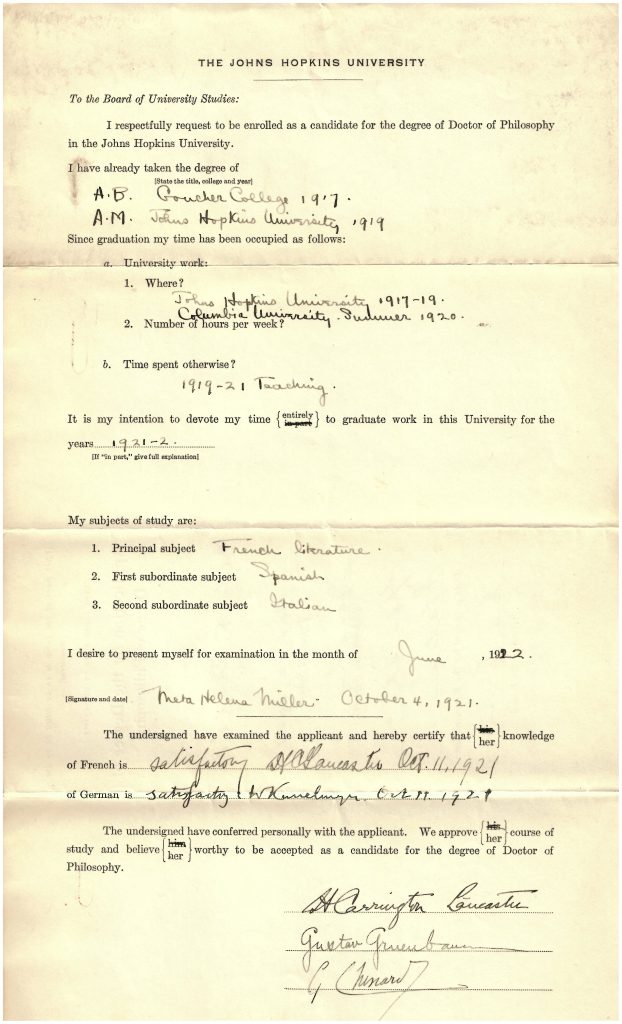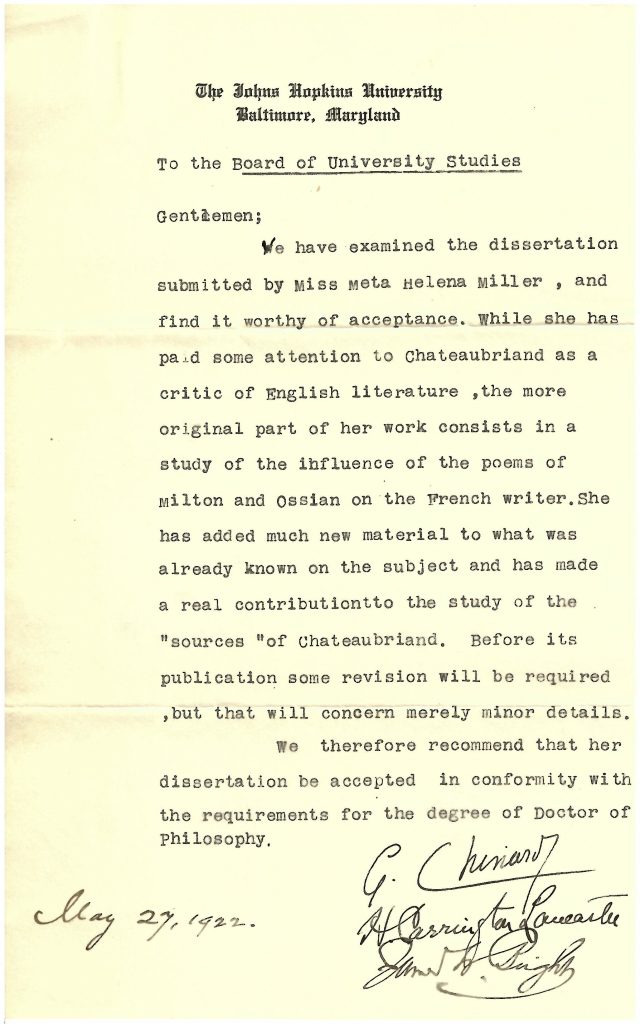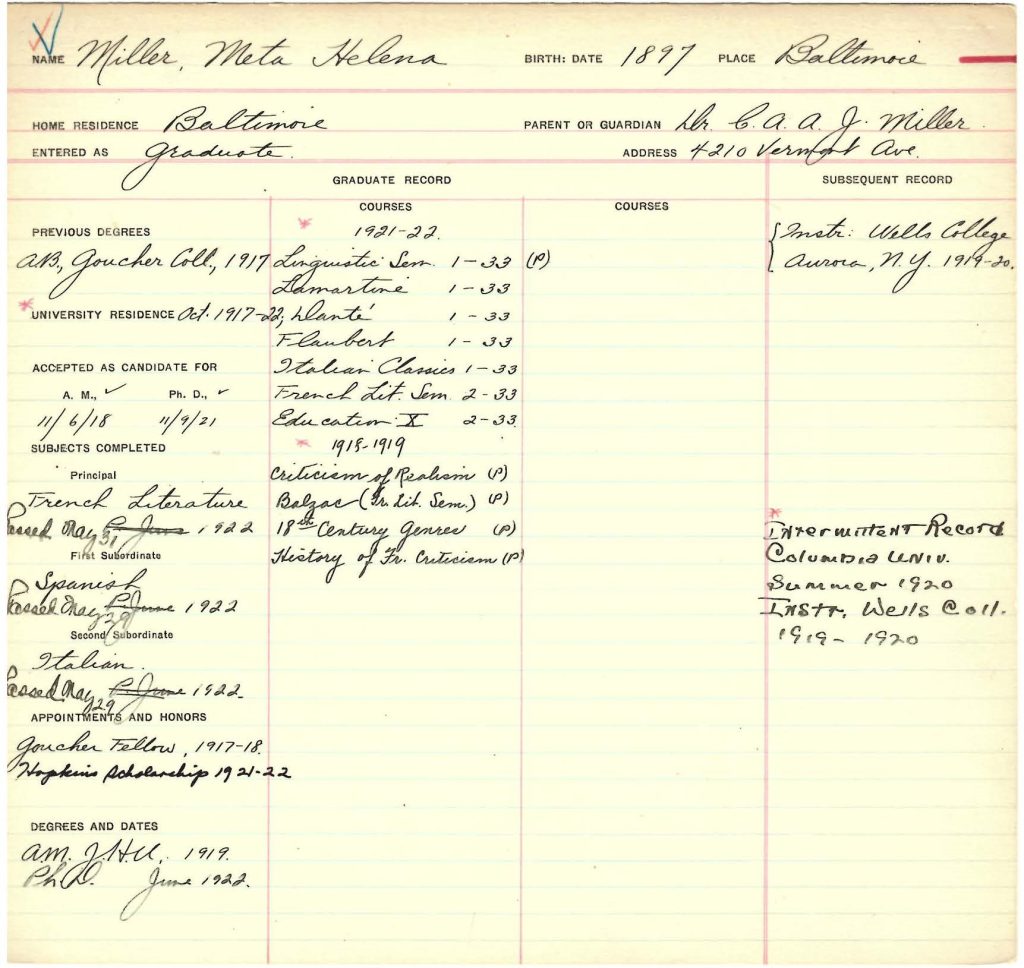Enjoy this post by Maneeza Khan, one of our Special Collections Freshman Fellows for the 2023-2024 academic year.
Interested in applying? Find out about the 2024-2025 program here.
Welcome back to my second and last blog post as a first-year fellow! It seems surreal to have finished my fellowship. The last time I wrote my blog, I had chosen my focus area and shared my passion for sharing my research findings with the Hopkins and greater Baltimore community. In this blog post, I am so proud to share my growth, both as a student researcher and as a person.
In my application to the First-Year Fellows program, I spoke about one of the many reasons my love for archival studies thrived. The field of archival research has allowed me to find a passionate community of archivists, historians, and fellow enthusiasts, who are driven to study rare books, manuscripts, and archives that are still of cultural significance today. Being a part of the First-Year Fellows program provided me with an invaluable opportunity to build connections with the faculty and student workers of the Sheridan Libraries Special Collections who are working tirelessly to research and highlight the longstanding history of Johns Hopkins University and its connection to the greater Baltimore community.
When I first began my journey as a first-year fellow, I was pleasantly overwhelmed by the massive collections of student records, university applications, and the multitude of student stories that I had access to. Frankly speaking, there were so many focus areas I could choose for my research project that at one point, I was absolutely lost! I was so lucky to have Dr Shilling as my mentor, as her remarkable guidance in navigating all the research materials while encouraging my independent research interests kept me grounded.
Ultimately, I chose to focus on the admission files of female applicants, studying and honoring their lasting impact through their academic career at Hopkins and beyond and the consequences of their legacy on the university’s admission process. Choosing this focus area was such a natural process for me because as a low-income female student, it was uncanny that I was able to leverage my life experiences to connect with the first revolutionary female students of Hopkins.
There was one defining moment in my research experience which fortified my desire to explore my focus area. There I was one day in the Reading Room (which you have to visit at least once during your stay at Hopkins!), hunching over a 1974 Johns Hopkins News-Letter. I am not exaggerating when I share that I had literal goosebumps as I read an excerpt from Cynthia Young’s 1974 Hopkins commencement speech: “Imagine yourself a woman, walking into a classroom and being addressed as ‘Gentleman.’ Imagine yourself walking into the gym and being told that you need a male escort to use the ping-pong tables…. This was Johns Hopkins University in 1970 and 1971.”
One can only imagine living at a tumultuous time in history where society traditionalizes the roles of men and women, and their rights to education. As Cynthia Young shared, even though Hopkins had made historical progress in inclusive female admissions that led to the first undergraduate class of Hopkins women in 1970, the societal perceptions, stereotypes, and behaviors surrounding female students were harshly felt on and off campus. As a first-generation college student, I deeply empathized with Young’s experiences because I had significant imposter syndrome starting my freshman year at Johns Hopkins. Therefore, with support from Dr Shilling, I chose to delve deeper into the legacy of female admissions at Hopkins.
Firstly, I focused on researching the key milestones in the history of the admission of women at Hopkins. This includes conducting secondary research on the first Hopkins women through past university booklets, newsletters, and yearly registers. Secondly, I analyzed the individual application files of female
applicants, specifically observing trends on the weightage of application components, including diplomas and academic certificates, testimonials, oral examinations, etc.
Suffice it to say, my research left me in sheer awe of the academic prowess of the early women of Hopkins, despite the societal barriers of their time. Firstly, after extensively reading over 100 female applications, I found that successfully admitted female students had strong academic components evident from their heavy course load of college and summer courses, impressive transcripts, and groundbreaking dissertations. This highlights their exceptional academic performance and dedication to scholarship. Allow me to briefly highlight two such exceptional women.
The first exceptional woman was Dr Edith Wilson (1926) who received Master’s and PhD degrees in Chemistry from Johns Hopkins. She also studied at top universities such as Northwestern and Iowa State University. Dr Wilson wrote her dissertation on “The Decomposition of Nitrogen Pentoxide at Low Pressures” through which she discovered that the velocity of decomposition of nitrogen pentoxide at low pressures is lower than that at higher temperatures. Her extensive academic record highlights the variety of agriculture, chemistry, and mechanical arts courses she took during her tenure as a student at every academic institution.
Another exceptional woman is Dr Meta Helen Miller, who received a PhD from Johns Hopkins in French Literature (principal subject), Spanish (first subordinate), and Italian (second subordinate). She also received an A.B. degree from Goucher College focusing on French Literature before earning her M.A. degree in French (principal subject) and Spanish (first subordinate) from Hopkins. For her M.A. paper, she focused on Balzac’s “Père Goriot” where she analyzed the novel’s realistic qualities and techniques. Dr Miller’s extensive academic tenure at Hopkins is a testament to Hopkins’s long-standing reputation as a leading research institution in not just the STEM fields, but also in the arts.
I could highlight many more women, but that would require hundreds more blog posts! I was, however, very honored to share my incredible findings at many research conferences at Hopkins. On a rainy day at Hopkins, I gave my first research conference presentation at the 2024 Richard Macksey National Undergraduate Humanities Research Symposium. I also presented at the DREAMS Symposium hosted by the Hopkins Office for Undergraduate Research (HOUR). It was also an honor to share my research at the Sheridan Libraries Advisory Board meeting and my excitement for the research I conducted thanks to their philanthropy and the support of the Sheridan Libraries, especially Special Collections.
The history of female admissions at Hopkins is a testament to the progress of women’s rights at the university and beyond, and it has been an honor to share this legacy with the university community as a first-year fellow. As for where the future takes me, I am excited to share that I am joining the Johns Hopkins Chesney Archives as a medical archivist! After my tenure as a first-year fellow in Special Collections, I am excited to explore the archival collections at the School of Medicine, Nursing, and Public Health and hone my skills in archival records research and management. Of course, I hope to be back at Special Collections to continue my research on female admissions, perhaps through a DURA award!
As I end my blog post, I would like to extend my heartfelt gratitude to my mentor Dr Brooke Shilling who has been an incredible pillar of support throughout my research journey as a first-year fellow.
Thank you, Dr Shilling, for encouraging me to push my boundaries and grounding me during my challenges. I would also like to thank the incredibly supportive staff and student workers at Special Collections for maintaining a supportive and welcoming space for me and my fellow first-year fellows to delve into the world of archival research.
Lastly, I am infinitely grateful to my mother, who taught me that being first-generation was not a barrier but rather an indomitable strength. Thank you for reading my blog post and I hope that you are left with a deeper appreciation for the trailblazing first women of Hopkins whose legacy lives on today.

